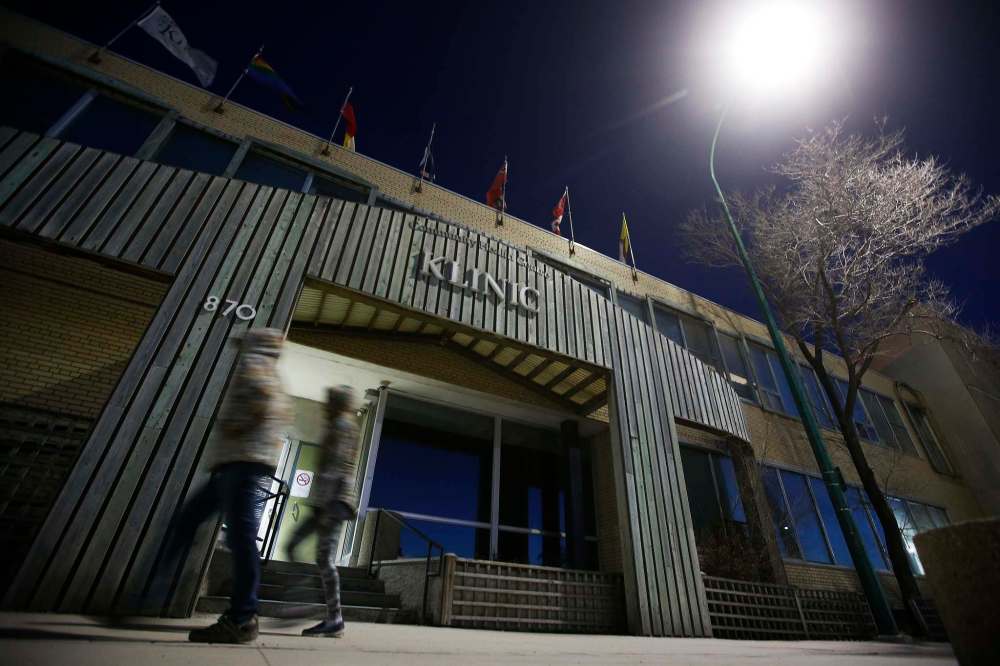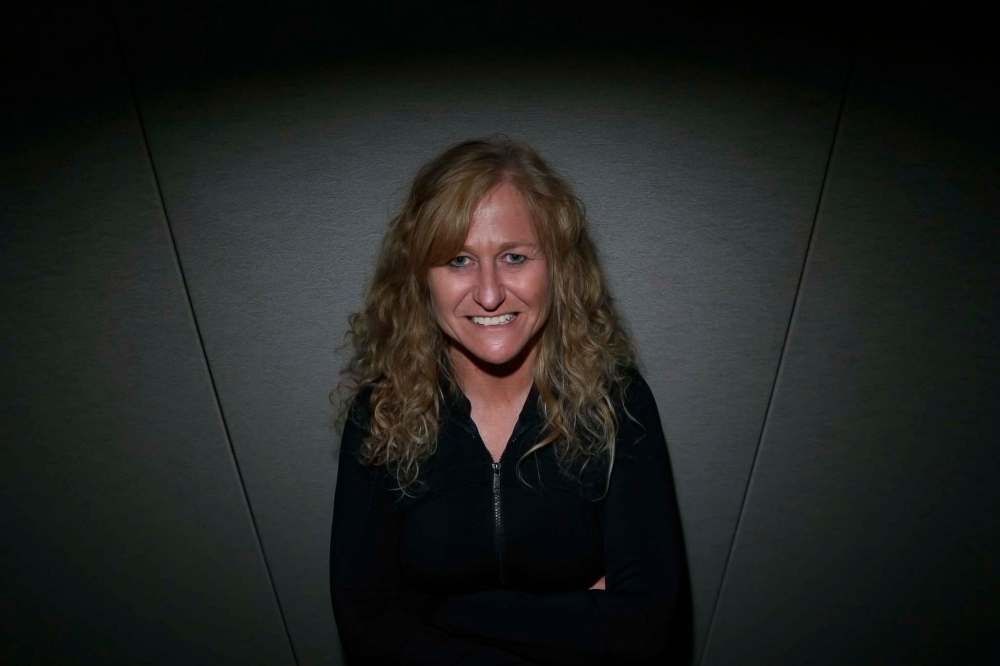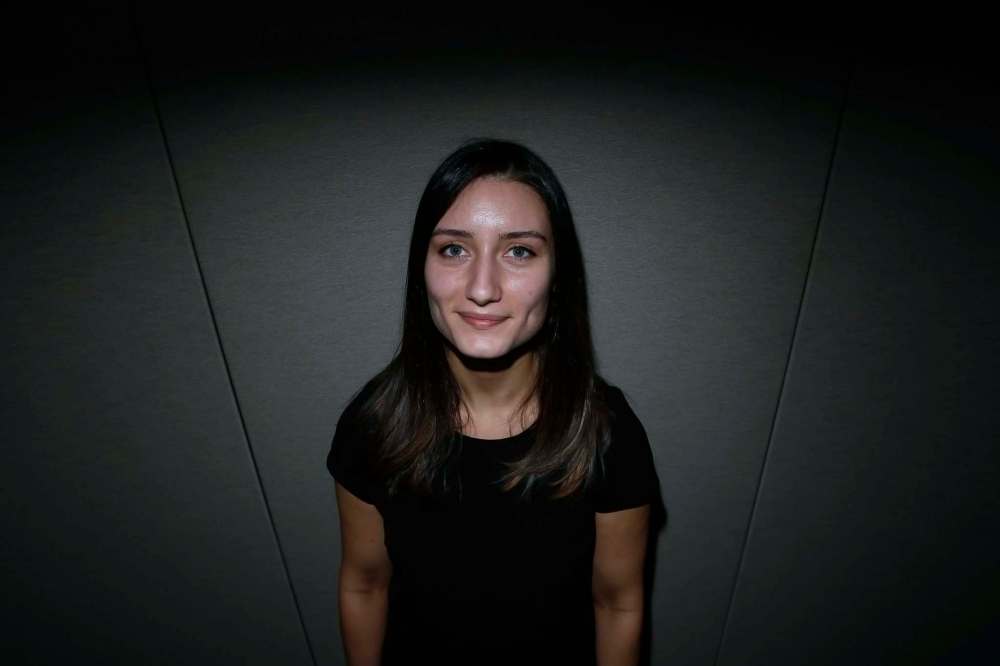3 a.m.
Answering the call of COVID-19 crisis
Advertisement
Read this article for free:
or
Already have an account? Log in here »
To continue reading, please subscribe:
Monthly Digital Subscription
$0 for the first 4 weeks*
- Enjoy unlimited reading on winnipegfreepress.com
- Read the E-Edition, our digital replica newspaper
- Access News Break, our award-winning app
- Play interactive puzzles
*No charge for 4 weeks then price increases to the regular rate of $19.00 plus GST every four weeks. Offer available to new and qualified returning subscribers only. Cancel any time.
Monthly Digital Subscription
$4.75/week*
- Enjoy unlimited reading on winnipegfreepress.com
- Read the E-Edition, our digital replica newspaper
- Access News Break, our award-winning app
- Play interactive puzzles
*Billed as $19 plus GST every four weeks. Cancel any time.
To continue reading, please subscribe:
Add Free Press access to your Brandon Sun subscription for only an additional
$1 for the first 4 weeks*
*Your next subscription payment will increase by $1.00 and you will be charged $16.99 plus GST for four weeks. After four weeks, your payment will increase to $23.99 plus GST every four weeks.
Read unlimited articles for free today:
or
Already have an account? Log in here »
Hey there, time traveller!
This article was published 09/05/2020 (2050 days ago), so information in it may no longer be current.
“That initial couple of weeks, most of the conversations were COVID, COVID, COVID.”
Carla Chornoby has worked at Klinic Community Health for 17 years. The office where she works the overnight shift answering the phone as a crisis counsellor is small and unassuming.
The room is dark, with soft lighting to counteract the glow of computer screens.
Behind cubicles, trained counsellors seek to lend support to people who call in need; to hopefully have a meaningful conversation that ends in “somebody feeling better,” as Chornoby puts it.

The nature of calls to the 24-7 service, however, has shifted because of the global pandemic, as have the numbers. Many of the people who call in are dealing with anxiety relating to the virus.
“The main calls that we’re getting are around suicide, anxiety, isolation and family issues, financial issues, definitely individuals that had mental health (issues) prior — it was definitely putting an extra layer on,” Chornoby says.
“We have to lean on each other.”
Kimberly MacCarthy, another crisis counsellor who has spent nearly three years with Klinic, says a unique struggle that comes with trying to help callers at the moment is that many of Winnipeg’s mental-health resources have been forced to reduce service or shut down.
“Lots of different programs have shut down or they’re being offered virtually, and we know that lots of our clients don’t always have access to, say, a computer,” MacCarthy says.
“They can’t connect with their group the same way that they might if they were part of programming, so that’s a big change, too. The community supports haven’t been as available to people.”

Counsellors working through this pandemic are often providing support to callers who are dealing with the same fears about their health and the future as they are. Both Chornoby and MacCarthy say self-care is how they cope with juggling the fear; MacCarthy calls it “realizing time is the biggest currency.”
“Taking time away from here, taking time for yourself, taking all the same information and all the same things that we pass on the lines is what we have to follow, too,” she says.
“We have to lean on each other,” Chornoby adds.
— Malak Abas


